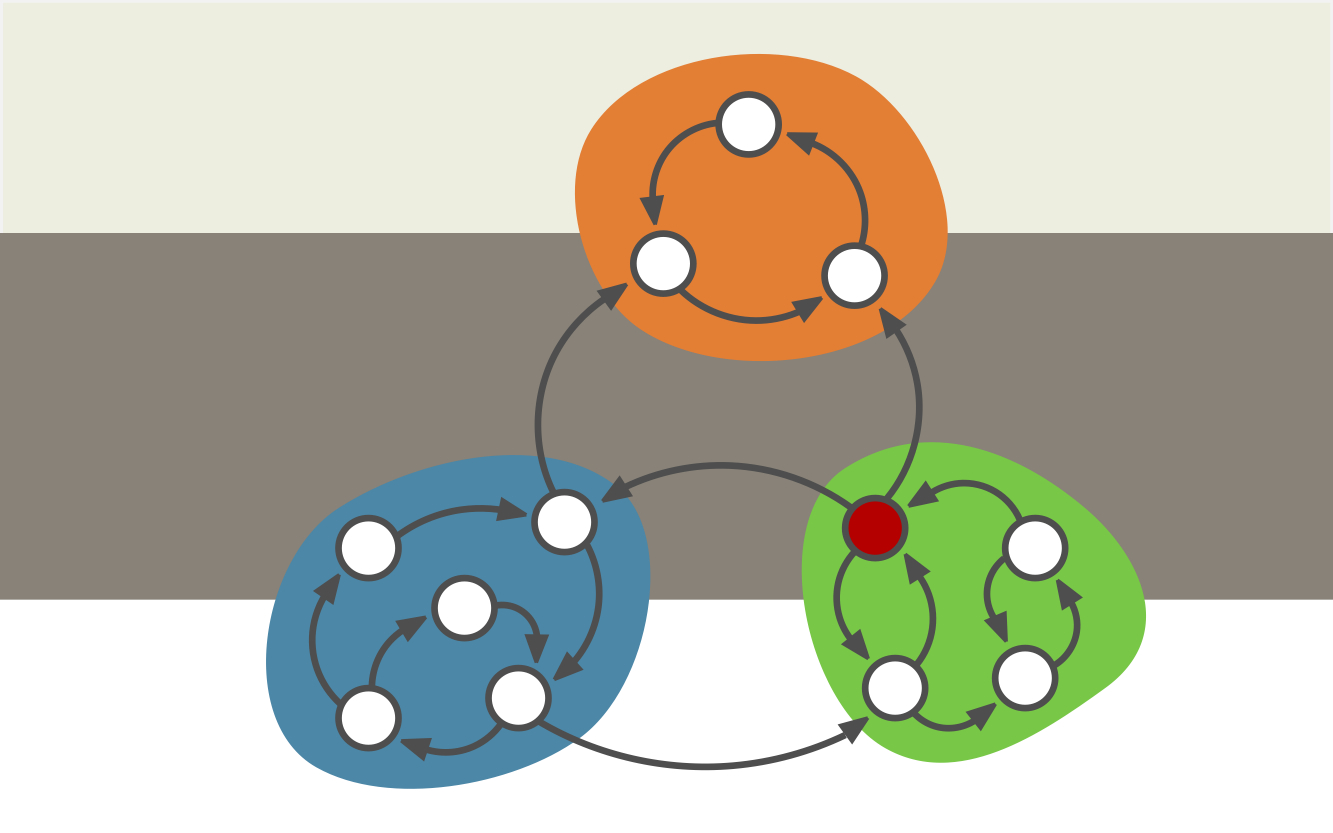Social Network Analysis is intended to introduce social networks as conceptual tools that help theory building of social structure and social action; and as a developing set of methods or analytical approaches to data that could be thought of in network terms. The course bridges long-standing traditions of network thinking in sociology with new ways to visualize and analyze network data. It does not stick to any substantive area of inquiry or to any specific methodology, rather, it gives a broad map of substantive questions and approaches to answer them. As a consequence, actors and relations are defined in many different ways throughout the course depending on the puzzles at hand, for example, they could be families tied to one another though marriage, firms engaging in exchange, or organizations linked through career mobility of individuals. The key emphasis on the structure of relationality which is understood through middle-range theories of tie formation and dissolution. Systematic thinking about networks (i.e., modeling) has the potential to link micro-level processes with macro-level outcomes. The aim of the course is to inspire to see the problem of social structure and social action through this lens. The theoretical concepts are implemented using the statistical software R.
[ Syllabus ]| Year | Title | Professor | University |
|---|---|---|---|
2015 |
Advanced Quantitative Research Methods |
Christopher Winship |
Harvard University |
2014 |
Advanced Quantitative Research Methods |
Christopher Winship |
Harvard University |
2012 |
Designs of Social Research |
Peter Bearman |
Columbia University |
2011 |
Social World |
Peter Bearman |
Columbia University |
2010 |
Introduction to Complex Systems |
Peter Erdi |
Kalamazoo College |
2008 |
Multisectoral Macroeconomic Analysis |
Erno Zalai |
Corvinus University of Budapest |
2007 |
Comparative Economics |
Peter Gedeon |
Corvinus University of Budapest |
